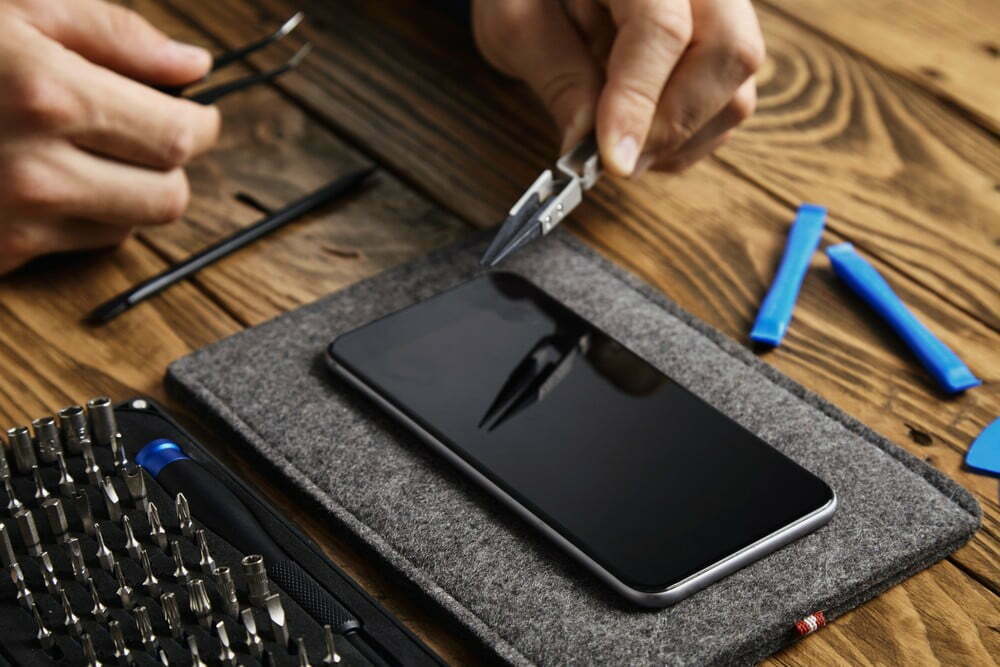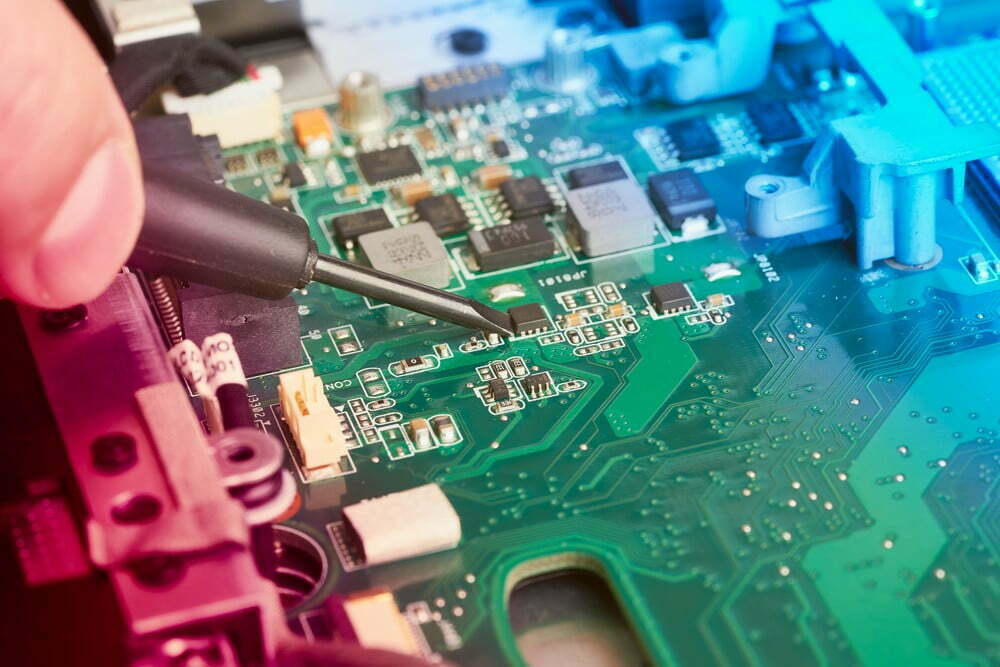So you’re setting up a new device, but things don’t seem right. Sure enough, a couple of months go by, and your television or smartphone appears to be defective. Unless you’ve opted into a store or manufacturer protection plan, you might be out of luck. Thankfully, most electronic devices are covered under warranty for a while. If you’ve never set up a repair or replacement via warranty, you need to know how a warranty works.
KEY TAKEAWAYS:
- Warranties guarantee that the device you bought works as intended for a specific period.
- An express warranty explicitly covers your purchase from being defective or broken.
- Implied warranties guarantee that your device works as intended but are not written or spoken agreements.
What is a Warranty?
Big purchases of products like kitchen appliances, furniture, and electronic devices usually come with a warranty. While not required by law, most companies (retailers and manufacturers) offer warranties for their customers. A warranty is a guarantee to repair or replace a defective product. How long your warranty period lasts depends on the warranty paperwork that comes with your device. That said, there are some things you should know when it comes to your warranty.
Types of Warranties
Not all warranties are alike, so it’s essential to know which kind you’re dealing with. There are two main types of warranty: express and implied. In addition, you’ll need to know if your device is covered via a full or limited warranty. If you’re feeling a bit confused, don’t worry because we’ll walk you through each kind of warranty.
Insider Tip
There are two main types of warranty: express and implied.
Express Warranty
An express warranty is when a seller or manufacturer outright stated in either spoken or written terms. In an express warranty, a seller agrees to repair or replace a product if it doesn’t meet a reasonable level of quality and reliability. In the US, Federal law recognizes most written express warranties. It compels companies to repair or replace which parts or products are covered under warranty. This applies mostly to durable and not nondurable goods.
Implied Warranty
An implied warranty does not need to be written or spoken to be upheld. For example, your new refrigerator needs to keep food cold or frozen. In short, your product needs to work as intended, or the seller should replace it. Unfortunately, implied warranties are sometimes sidestepped by sellers who list products “as is.” In these cases, you may be out of luck if you’re seeking a new or replacement product from a seller or manufacturer.
Full vs Limited Warranty
A company agrees to repair or replace a broken or defective product within the warranty period for a full warranty. The company needs to repair or replace the entire product in a reasonable time. A full warranty is an ideal setup for a new product. A limited warranty, however, only offers a guarantee on specific parts or faults. In addition, limited warranties often only cover the pieces, but not the cost of labor for the repair.
Extended Warranty
An extended warranty is more like a protection plan than a standard warranty. Typically, an extended warranty is an additional purchase covering your product for longer than the manufacturer’s warranty. It is important to remember that most extended warranties do not activate until the original warranty expires.
Voiding a Warranty
For products like game consoles, there are some things you should avoid to keep from voiding your warranty. In the case of a game console, trying to modify or jailbreak a system will void the warranty. For smartphones, trying to “root” or hack your phone will void a warranty. There are ways for companies to detect voids in the warranty agreement. Check your device manual for specific rules to keep your warranty intact. Also, make sure you are informed about a product’s use restrictions to avoid ending up in the middle of a case like the one between Impressions Products Inc and Lexmark International Inc.
Warning
For smartphones, trying to “root” or hack your phone will void a warranty.
F.A.Q.
What are the four types of warranties?
The four types of warranties are express, implied, extended, and special warranty deed.
How to resolve disputes about warranty rights?
First, you should go to the seller of the product. Then go to the manufacturer. If the seller never wrote the warranty, it may be challenging to win a dispute.
Can I get a refund under warranty?
Most warranties do not cover devices with a refund. That said, implied warranties often result in a refund.
STAT: In a survey (which involved more than 5,200 people with at least one smartphone in their household), about 50 percent of respondents reported at least one major smartphone fiasco during the previous 24 months. (source)
REFERENCES:
- https://en.wikipedia.org/wiki/Warranty
- https://www.collinsdictionary.com/us/dictionary/english/warranty
- https://www.consumer.ftc.gov/articles/auto-warranties-and-service-contractsr
- https://www.wikidata.org/wiki/Q329717
- https://repository.uchastings.edu/cgi/viewcontent.cgi?article=2684&context=hastings_law_journal





























![Best Renters Insurances in [year] 22 Best Renters Insurances in 2025](https://www.gadgetreview.dev/wp-content/uploads/best-renters-insurance-image.jpg)
![Best Computer Repair Kits in [year] 23 Best Computer Repair Kits in 2025](https://www.gadgetreview.dev/wp-content/uploads/best-computer-repair-kit-image.jpg)
![Best Smartphone Repair Kits in [year] 24 Best Smartphone Repair Kits in 2025](https://www.gadgetreview.dev/wp-content/uploads/best-smartphone-repair-kit-image.jpg)
![Best iPhone Repair Kits in [year] 25 Best iPhone Repair Kits in 2025](https://www.gadgetreview.dev/wp-content/uploads/best-iphone-repair-kit-image.jpg)
![Best Windshield Repair Kits in [year] 26 Best Windshield Repair Kits in 2025](https://www.gadgetreview.dev/wp-content/uploads/best-windshield-repair-kit-image.jpg)
![Best Dent Repair Kits in [year] 27 Best Dent Repair Kits in 2025](https://www.gadgetreview.dev/wp-content/uploads/best-dent-repair-kit.jpg)